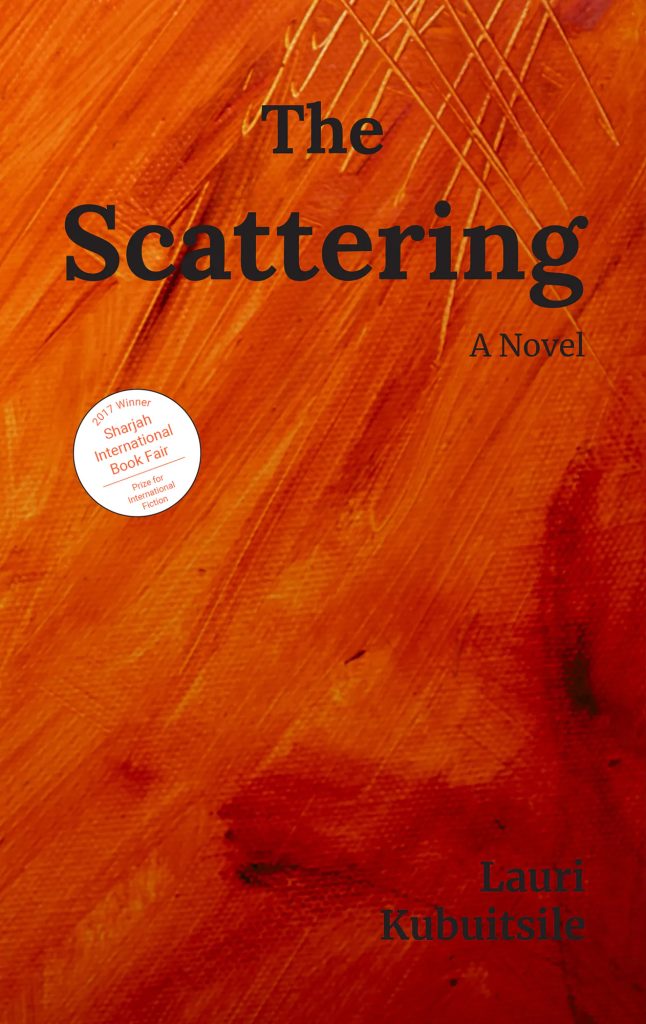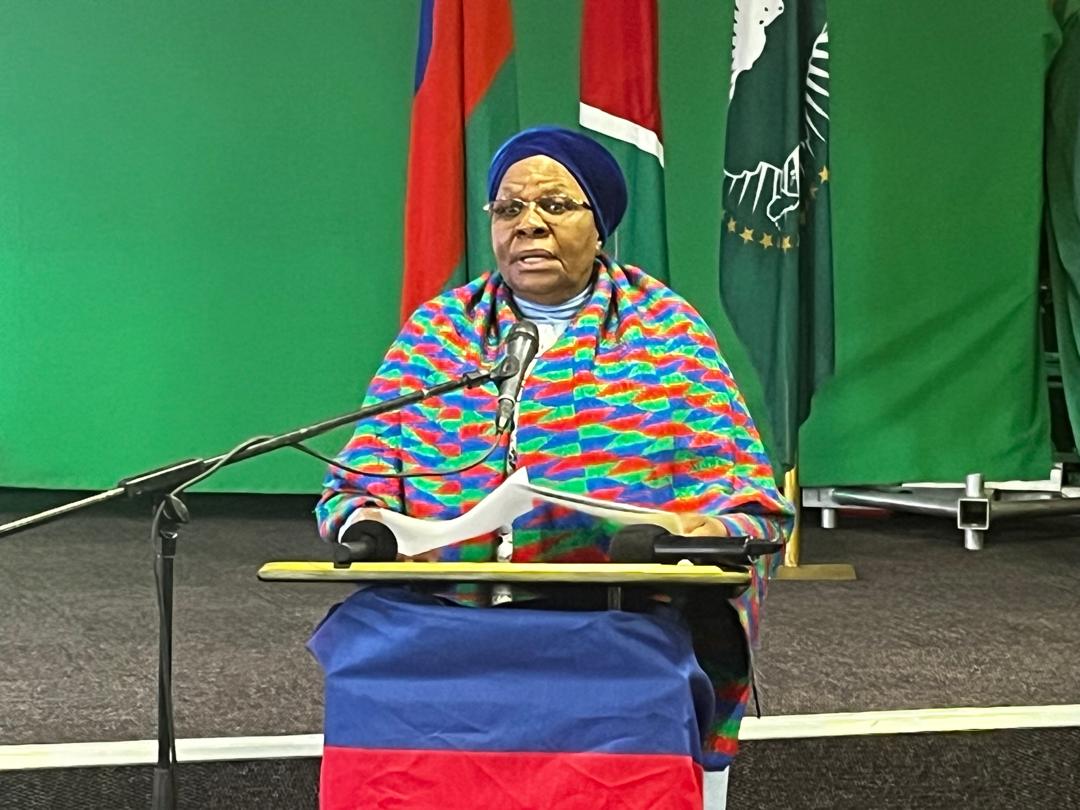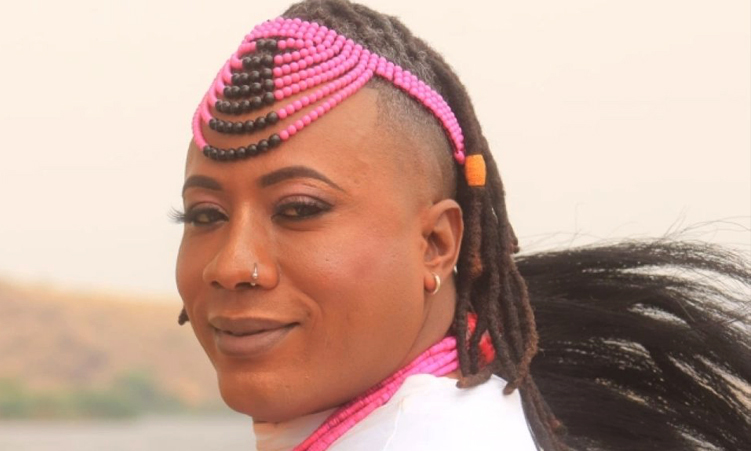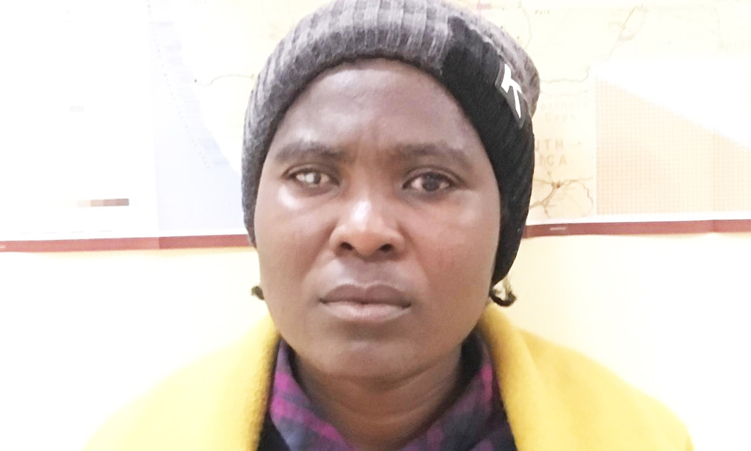Rarely do I read books as devastating as ‘The Scattering’, but surely if real people lived through it, and Lauri Kubuitsile could stand to write it, I should be able to read it just fine.
‘The Scattering’ by Kubuitsile was originally published in 2016 by Penguin Random House, but it had since gone out of print.
However, in May it was published again, this time by Kuiseb Publishers right here in Windhoek.
While it focuses on one more than the other, ‘The Scattering’ follows two women trying to survive and love in a time of devastating colonial wars. As the 20th century dawns, this culminates in their paths briefly crossing and each leaving a permanent mark on the other’s life.
The novel starts off in what was known as German South West Africa, at Okahandja specifically, in 1894, where Tjipuka, a young Herero girl exploring the bush around her, blissfully falls in love, marries and gives birth to her baby Saul.
Her peace does not last as long as one would hope, as in 1904 general Lothar von Trotha, the commander of the German colonial forces, issues an extermination order against the Herero people forcing them to flee into the brutal desert in an attempt to seek safety in British Bechuanaland.
“I, the great general of the German soldiers, send this letter to the Hereros […] Any Herero found inside the German frontier, with or without a gun or cattle, will be executed. I shall spare neither women nor children. I shall give the order to drive them away and fire on them. Such are my words to the Herero people.” So ordered Von Trotha.
In a series of events known as the Herero and Nama genocide, Tjipuka fights to survive, battling through starvation, dehydration, violence at the hands of men, the constant presence of death, the death camps of Lüderitz and, ultimately, the woman she becomes after the war.

“It is always happening. It will happen again. Over and over they do it. Men fight, men make war that destroys everything, and women carry the wounds, they clean it up. They rub it away, and they go on. On and on. And yet men pound their chests and say we are winners.
“And women keep going. Head down, they move forward. They bind the wounds. They stroke the foreheads. They bear the children – and they bury them. And this man blames you?”
This was said to Tjipuka by the second woman the story follows, Riette from the Transvaal, who suffered not only at the hands of her father but also under the ravages of the second Anglo-Boer war.
While Riette’s story is brief, and not nearly as devastating as Tjipuka’s, she is yet another woman whose ambitions are suffocated when she’s forced into a loveless marriage with an older man.
After his farm is set ablaze, Riette and his daughters are forced into the British concentration camps, where disease and starvation run rampant.
There is no happy ending, no bow to beautifully tie all events together. There couldn’t be, as war rarely ends for the people that experience it. Kubuitsile makes this very clear throughout the book, especially when characters are forced to make decisions to survive that they never would have made otherwise. They sacrifice parts of themselves, even when hope is a distant dream they would rather not turn to. But still, the human spirit fights on.
Kubuitsile does an excellent job of crafting nature into a significant character throughout the experiences of the novel’s protagonists – at times being the villain, at times becoming a hero, which is essential for a story set in the Namibian wild.
With beautiful writing and breathtaking descriptions, Kubuitsile keeps the story going with a well-timed pace and just enough action to keep one invested, yet slow enough that the reader can digest what is happening with empathy to truly experience these events alongside the characters.
I can only be thankful that we can continue to read this story of the human spirit, of women, of mothers, of Namibian history.
Stay informed with The Namibian – your source for credible journalism. Get in-depth reporting and opinions for
only N$85 a month. Invest in journalism, invest in democracy –
Subscribe Now!






